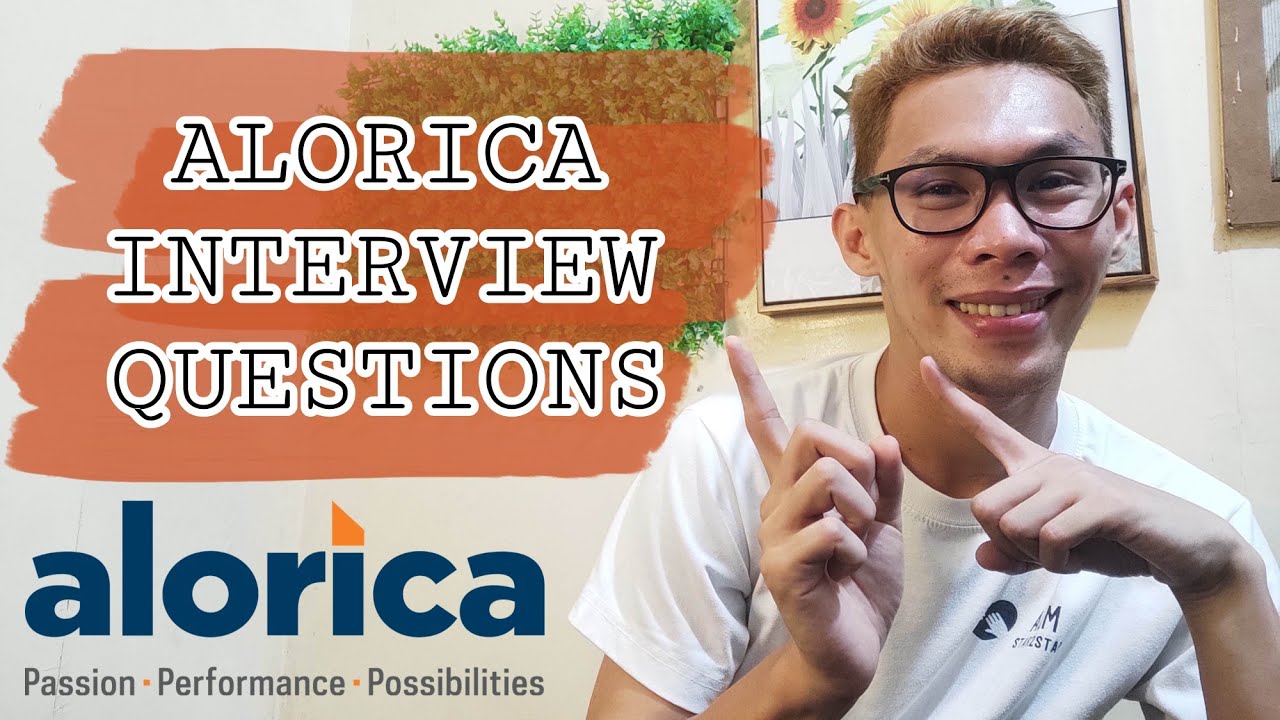Como demonstrar meu conhecimento/trabalho: o gestor de projetos tem um portfólio?
Summary
TLDRThe transcript offers advice on showcasing project management skills during interviews. It emphasizes the importance of having a portfolio that highlights budget management, team leadership, and case studies. The speaker suggests creating a parallel spreadsheet in Google Drive to track project details and values. They also discuss the diversity of teams managed, including volunteers and remote teams, and the challenges faced, such as language barriers and team conflicts. The summary encourages storytelling to effectively communicate one's project management experience.
Takeaways
- 📊 Prepare a parallel spreadsheet in Google Drive or Excel to record project details such as contract, value, and management.
- 💼 Emphasize the importance of being able to quickly answer questions about the largest project managed in terms of budget during job interviews.
- 🗣️ Showcase your experience with different types of teams, including public servants, volunteers, and remote teams, to demonstrate adaptability.
- 🌐 Highlight the ability to manage teams across different countries and time zones, which is increasingly relevant in a post-pandemic remote work environment.
- 📈 Create a portfolio that is more than just a document; it could be a well-crafted narrative, video, or story that illustrates your project management experience.
- 👥 Discuss how you've handled team conflicts and不成熟的 team members, as this is a common issue that managers look for in a project manager.
- 🔗 Mention any challenges faced with language barriers and how they were overcome, as this can be a critical skill in global teams.
- 📚 Include examples of how you've dealt with unexpected changes in projects, such as software changes or shifts in project management methodologies.
- 💡 Stress the importance of storytelling when presenting your portfolio, as it helps to engage the listener and make your experience relatable.
- 📝 Practice your portfolio presentation with friends or mentors and ask for feedback to refine your storytelling and ensure it effectively conveys your skills.
Q & A
What is the recommended way to showcase your project management experience during interviews?
-The speaker suggests dividing presentations into three parts: budget, team, and case studies. It's important to be prepared to discuss the largest project you've managed in terms of budget and to have this information readily available.
Why is it important to keep track of the projects you've managed?
-Keeping a record of projects helps in quickly providing information during interviews about the scope and budget of the projects you've managed. It also helps in creating a parallel spreadsheet in Google Drive or Excel to have a methodical approach to presenting your work.
How can you demonstrate your ability to manage different types of teams?
-By discussing your experience managing teams in various contexts such as during internships, volunteer work, or with remote teams across different time zones and countries. Highlighting how you've dealt with these diverse situations can showcase your adaptability.
What is the significance of the question about the largest project you've managed?
-This question is often the first asked in interviews to gauge a candidate's experience and capability in handling significant budgets, which is a key responsibility of a project manager.
Why should project managers be prepared to discuss their team management experiences?
-Interviewers often ask about team management to understand how a candidate has handled different team dynamics, including those in volunteer roles or fully remote settings, which can be challenging.
What does the speaker mean by creating a 'storytelling' for your portfolio?
-The speaker suggests that a portfolio should not just be a physical document but a well-crafted narrative, possibly in video format or through storytelling, that illustrates how you've managed projects and overcome challenges.
How can you highlight your experience with remote teams in your portfolio?
-By discussing specific challenges you've faced and how you've resolved them, such as managing teams across different time zones or cultures, which has become increasingly relevant post-pandemic.
What is the importance of being able to discuss how you've handled unexpected project changes?
-Discussing how you've managed unexpected changes, such as a company being bought out or a shift in project management methodologies, shows your adaptability and problem-solving skills, which are highly valued.
Why is it beneficial to get feedback on your portfolio from others?
-Feedback from others can provide insights into how effectively you're presenting your experience and skills. It helps refine your portfolio to better impress potential employers.
What does the speaker suggest doing to prepare for interviews?
-The speaker suggests practicing your portfolio presentation, focusing on storytelling, and getting feedback to ensure you can concisely and effectively communicate your project management experience during interviews.
How should project managers handle questions about resolving team conflicts?
-Project managers should be prepared to discuss specific instances where they've resolved conflicts, detailing the approach taken and the outcome, demonstrating their leadership and conflict resolution skills.
Outlines

Dieser Bereich ist nur für Premium-Benutzer verfügbar. Bitte führen Sie ein Upgrade durch, um auf diesen Abschnitt zuzugreifen.
Upgrade durchführenMindmap

Dieser Bereich ist nur für Premium-Benutzer verfügbar. Bitte führen Sie ein Upgrade durch, um auf diesen Abschnitt zuzugreifen.
Upgrade durchführenKeywords

Dieser Bereich ist nur für Premium-Benutzer verfügbar. Bitte führen Sie ein Upgrade durch, um auf diesen Abschnitt zuzugreifen.
Upgrade durchführenHighlights

Dieser Bereich ist nur für Premium-Benutzer verfügbar. Bitte führen Sie ein Upgrade durch, um auf diesen Abschnitt zuzugreifen.
Upgrade durchführenTranscripts

Dieser Bereich ist nur für Premium-Benutzer verfügbar. Bitte führen Sie ein Upgrade durch, um auf diesen Abschnitt zuzugreifen.
Upgrade durchführenWeitere ähnliche Videos ansehen

Program Manager Interview

Mr Colturi Talk PM Career Opportunities

Business Analyst Interview Questions and Answers | 35 Essential Questions

ALORICA INTERVIEW QUESTIONS AND ANSWERS for NEWBIES 2023! ALORICA INITIAL AND FINAL INTERVIEW!

GRC Training Options - Training for a Governance, Risk, and Compliance (GRC) Career in Cybersecurity

How to get admission in Technical University of Munich (TUM)? GPA and other requirements!
5.0 / 5 (0 votes)
